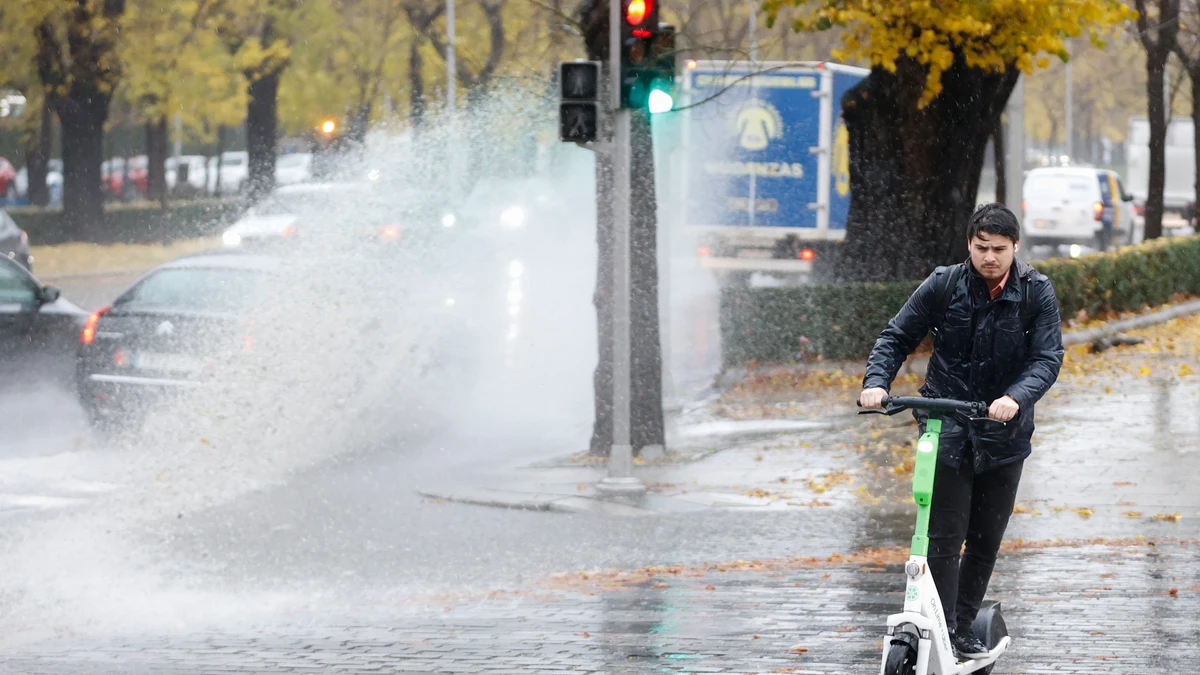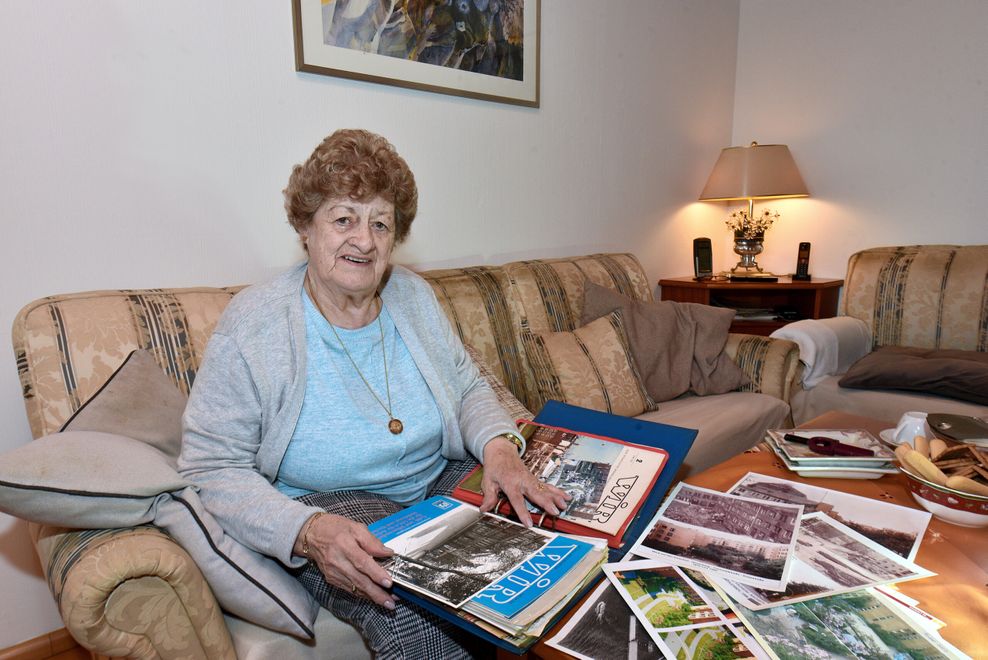Ahead of the November general election, the Southern California News Group compiled a list of questions to pose to the candidates who wish to represent you. You can find the full questionnaire below. Questionnaires may have been edited for spelling, grammar, length and, in some instances, to remove hate speech and offensive language.
MORE: Read all the candidate responses in our Voter Guide
Name: Jessica Caloza
Current job title: Women’s Rights Advisor
Political party affiliation: Democrat
Incumbent: No
Other political positions held: I have never held elected office, but I have held public office. I served as a Commissioner on the Board of Public Works and as Deputy Chief of Staff to California Attorney General Rob Bonta. I was also a Presidential Appointee in the Obama Administration at the U.S. Department of Education.
City where you reside: Los Angeles
Campaign website or social media: www.jessicacaloza.com
It’s no secret that California will play an outsized role in AI development and regulation. That was a big topic for the legislature this year, but what is one way you’d like to see the legislature tackle concerns about bias or transparency in the AI space or encourage innovation and start-ups? (Please be specific in your response, and keep your answer to 200 words or less.)
California needs to lead the way and encourage advancements in technology, but we need to be proactive and enact safety guardrails and ensure we protect our most valuable asset–our people and our workers. This is true for transformative technologies like AI that will radically change the way we consume and produce information, as well as the economy as a whole, and result in drastic unintended consequences for our society. If elected, I would work to bring stakeholders to the table to understand all sides of the issue and come up with proactive solutions that protect workers and consumers and encourage innovation.
Before California voters this year is a proposition to increase the state’s minimum wage to $18 per hour, the nation’s highest, by 2026. Do you support increasing the minimum wage in this way? Why or why not? (Please keep your answer to 150 words or less.)
Yes, I support Prop 32 to increase our state’s minimum wage to $18 an hour by 2026. Especially as the cost of living in our state and across the nation continues to rise, it’s critical that every Californian worker is paid a livable wage.
This year, California faced a large budget deficit that put a strain on lawmakers’ ability to fund certain programs and projects going forward. What is one thing you believe the state should do to avoid such large deficits in the future? (Please be specific in your answer, and limit it to 150 words or less.)
The budget crisis California faced this year tragically resulted in less funding for critical services middle and working-class families rely on. That’s why lawmakers need to act to ensure a budget deficit of this scale doesn’t happen again, including working to enhance our tax base by closing loopholes that allow big corporations and billionaires to escape state taxes, while cutting waste, fraud, and abuse in government spending. Maybe most critically, we need to invest more in a long-term rainy day fund in the event we have another year like this one where revenues are significantly reduced.
Speaking of the budget, there are multiple proposed bond measures before voters this year. Is the state in a good place to issue bonds for state programs and infrastructure projects? Should certain programs or projects be prioritized over others? (Please be specific in your response, and keep your answer to 200 words or less.)
I support both the school and climate change bonds on the ballot. It is imperative we continue to invest in solutions that tackle our climate crisis and repair our schools. Year after year, Californians are facing more heat waves, wildfires, coastal erosion, and severe drought. As a result of the climate crisis, many of our schools are in disrepair and do not even have air conditioning for our students, teachers, and workers. We need to invest in critical infrastructure funding to modernize our schools, from K-12 to our community colleges.
Cost of living is high on the list of concerns among voters, particularly among younger people. What is one bipartisan proposal you have to alleviate concerns about high prices or the cost of living in California? (Please be specific in your response, and limit it to 200 words.)
As the only renter in this race, my top priorities are to reduce the cost of living and to tackle our affordability crisis by building more housing, especially affordable housing. We are 3 million units short of our housing goals so the state must fast-track the approval of new housing projects and work with local governments to align policies related to planning, zoning, and funding. We need to work across all levels of government to comprehensively tackle our housing affordability crisis because this is what every day residents spend most of their paycheck on. By increasing our housing supply, we can focus on lowering the costs for all people and working families.
The legislature this year considered recommendations from a first-in-the-nation task force that considered how California could atone for past racism and discrimination against Black people, including potential compensation. What do you believe is the role of the state in atoning for the atrocities committed against Black people? (Please limit your answer to 200 words or less.)
I believe that the United States, and the state of California, need to atone for the atrocities of slavery and other horrific acts against Black Americans. We’ve seen our government atone and pass reparations for the internment of Japanese Americans during WWII and it was important for our country’s healing. We need to do the same for Black Americans. If elected, I would work with the California Legislative Black Caucus to move this forward.
Gov. Gavin Newsom recently ordered state agencies to remove homeless encampments on state property and urged cities to follow through. What else do you propose the state do to help eradicate homelessness? (Please limit your response to 200 words or less.)
To eradicate homelessness, we need comprehensive solutions that help tackle the existing homeless crisis and also work to prevent more individuals from falling into homelessness. In the Assembly, I would work on policies that would fast-track the building of more housing, especially affordable, interim, and transitional units. I would also work to provide more accountability for how we use existing resources and would invest in programs to help get unhoused people off our streets and connected with housing and services like mental health care, addiction treatment, and job training. Lastly, I would work to expedite the distribution of Prop 1 dollars so we can get treatment and resources to seriously ill and chronically homeless.
Similarly, Gov. Gavin Newsom has urged county leaders to take advantage more of a new state law that makes it easier to place someone with severe mental health or substance abuse issues into conservatorships, an effort to keep more people out of homelessness. But local leaders in Southern California have said they need more time and resources to build, fund and staff more mental health facilities. Is there anything the legislature could — or should — do to aid communities struggling to find the resources to properly provide this type of mental health support? (Please be specific in your answer, and limit the response to 200 words or less.)
In order to tackle our homelessness crisis, we need comprehensive solutions and we need as many tools in our toolbox to address each person’s needs to get them off our streets. The state needs to invest in solutions that address housing insecurity, food insecurity, economic insecurity, and the root causes of homelessness. We also need to create a regional and coordinated homelessness system so we can help individuals with several mental health and substance abuse issues. Unfortunately, there is no centralized place for resources for unhoused individuals and residents to utilize. Many community-based organizations who serve our unhoused community do not get any government funding and that has to change. We also need to invest in family reunification programs that help families get their loved ones off the streets.
What’s the No. 1 song on your playlist while you’re on the campaign trail?
Freedom by Beyonce
Related Articles
Heather Hutt, LA City Council District 10 candidate, 2024 election questionnaire
Adrin Nazarian, LA City Council District 2 candidate, 2024 election questionnaire
Grace Yoo, LA City Council District 10 candidate, 2024 election questionnaire
Ysabel Jurado, LA City Council District 14 candidate, 2024 election questionnaire
Jillian Burgos, LA City Council District 2 candidate, 2024 election questionnaire

























